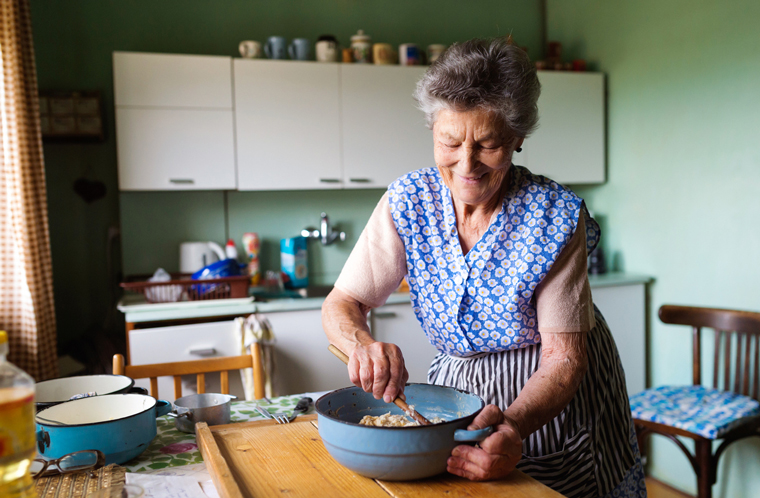A toolkit for gender equality in district heating
According to a UNIDO study, the behaviours and attitudes of men and women towards energy efficiency differ. Women are more likely to keep energy levels low –consuming up to 22 per cent less energy than men – through a greater willingness to alter their everyday behaviours.
On the other hand, when it comes to employment in industries active in energy saving, women are largely absent, accounting for only 20 per cent of the workforce. In addition, in countries where modern sources of energy are not available, it typically falls to the women to collect fuel to cook and heat their homes. Equal and equitable access to and control over sustainable energy services for all is therefore not only an essential right to development (as stated in Goal 7 of the 2030 Agenda for Sustainable Development) but a gender issue.
In response to this, in October 2016 the EBRD and Climate Investment Funds (CIF) published a toolkit on Gender Mainstreaming in District Heating Projects in the Commonwealth of Independent States (CIS) (available in English and Russian), a collaborative effort to integrate gender considerations into district heating projects.
Between 2014 and 2016, four CIF-funded project-level gender assessments were undertaken in three cities in Kazakhstan, and one in Ukraine. The assessments revealed that in these countries women take primary responsibility for a household’s day-to-day spending but are also more often in the home, and thus the main beneficiaries and users of electric power.
The study concluded that our efforts to address climate change impacts cannot be gender blind, and in our efforts to promote a Green Economy Transition, we must take into account the different roles and responsibilities, as well as needs and priorities, of both men and women.
Simple gender-sensitive practices can improve these services. A district heating company in Aktau, Kazakhstan adopted such an employment strategy after learning that most female customers were uncomfortable with men visiting their homes for the purpose of reading meters. As a result, women were recruited to conduct this work and the company has benefited from this gender-sensitive approach in gaining a deeper understanding of their customers.
From this experience, the idea to develop a toolkit, specifically oriented to mainstream gender in district heating projects, took shape. The objective is to provide guidance to EBRD and CIF staff and partners on how to identify gender issues in district heating and how to integrate gender considerations in district heating projects at different stages of the project cycle. The toolkit was developed with funds made available by CIF and is available online.


